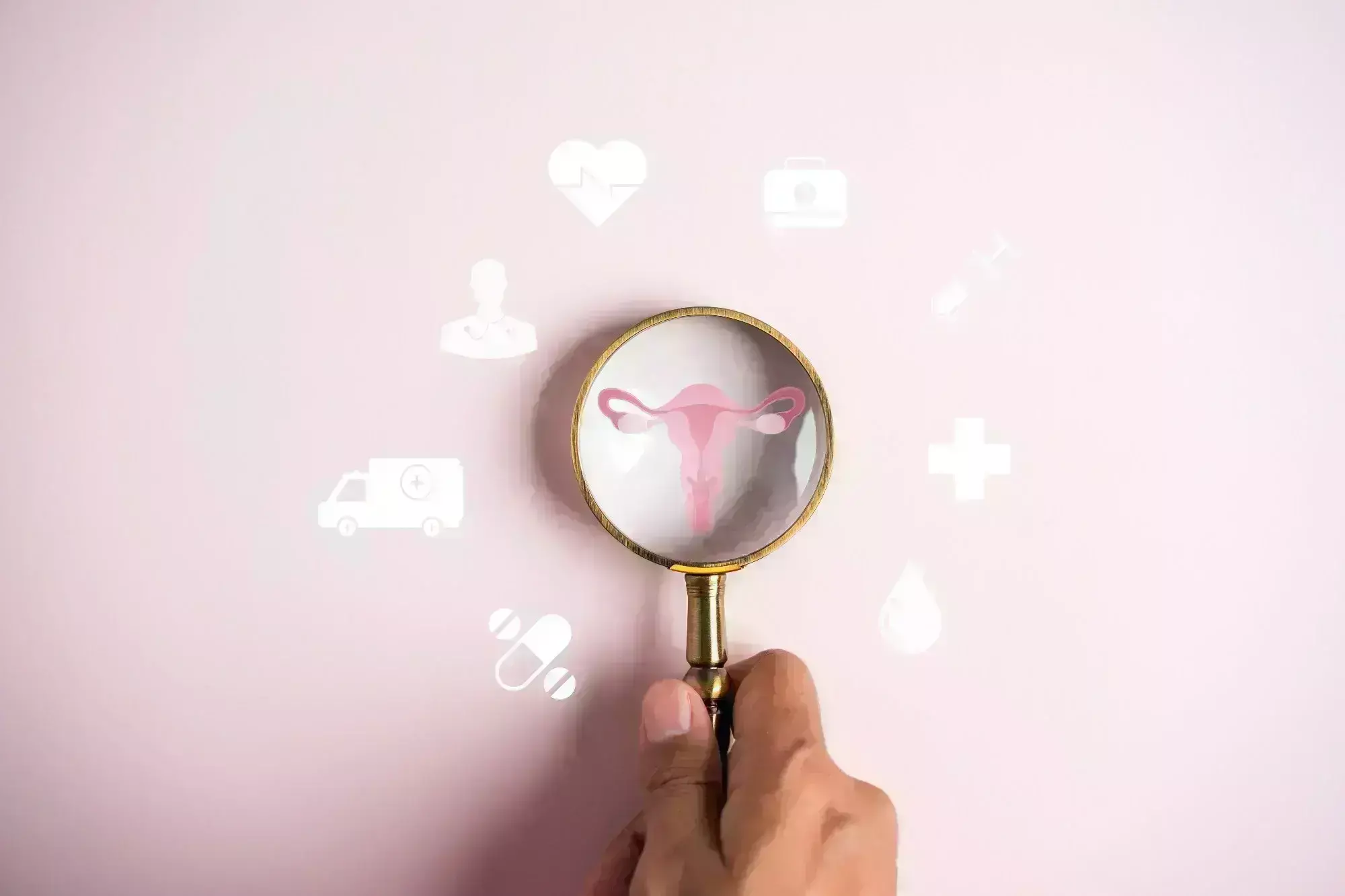- Home
- Medical news & Guidelines
- Anesthesiology
- Cardiology and CTVS
- Critical Care
- Dentistry
- Dermatology
- Diabetes and Endocrinology
- ENT
- Gastroenterology
- Medicine
- Nephrology
- Neurology
- Obstretics-Gynaecology
- Oncology
- Ophthalmology
- Orthopaedics
- Pediatrics-Neonatology
- Psychiatry
- Pulmonology
- Radiology
- Surgery
- Urology
- Laboratory Medicine
- Diet
- Nursing
- Paramedical
- Physiotherapy
- Health news
- Fact Check
- Bone Health Fact Check
- Brain Health Fact Check
- Cancer Related Fact Check
- Child Care Fact Check
- Dental and oral health fact check
- Diabetes and metabolic health fact check
- Diet and Nutrition Fact Check
- Eye and ENT Care Fact Check
- Fitness fact check
- Gut health fact check
- Heart health fact check
- Kidney health fact check
- Medical education fact check
- Men's health fact check
- Respiratory fact check
- Skin and hair care fact check
- Vaccine and Immunization fact check
- Women's health fact check
- AYUSH
- State News
- Andaman and Nicobar Islands
- Andhra Pradesh
- Arunachal Pradesh
- Assam
- Bihar
- Chandigarh
- Chattisgarh
- Dadra and Nagar Haveli
- Daman and Diu
- Delhi
- Goa
- Gujarat
- Haryana
- Himachal Pradesh
- Jammu & Kashmir
- Jharkhand
- Karnataka
- Kerala
- Ladakh
- Lakshadweep
- Madhya Pradesh
- Maharashtra
- Manipur
- Meghalaya
- Mizoram
- Nagaland
- Odisha
- Puducherry
- Punjab
- Rajasthan
- Sikkim
- Tamil Nadu
- Telangana
- Tripura
- Uttar Pradesh
- Uttrakhand
- West Bengal
- Medical Education
- Industry
Greater adiposity measures during childhood linked to increased risk of PCOS: Study

Greater adiposity measures during childhood linked to increased risk of PCOS suggests a study published in the Pediatrics.
Polycystic Ovary Syndrome (PCOS) is common among females, with significant metabolic and reproductive comorbidities. We describe PCOS development in a pediatric population. They assessed cardiometabolic biomarkers and adiposity at the mid-childhood (mean 7.9 y), early teen (mean 13.1 y), and midteen (mean 17.8 y) visits among 417 females in the prospective Project Viva cohort. We defined PCOS via self-reported diagnosis or ovulatory dysfunction with hyperandrogenism in mid-late adolescence. We used multivariable logistic regression to assess associations of metabolic and adiposity markers at each visit with PCOS. RESULTS: Adolescents with PCOS (n = 56, 13%) versus without had higher mean (SD) BMI z-score and truncal fat mass at the mid-childhood (0.66 [0.99] vs 0.30 [1.04]; 3.5 kg [2.6] vs 2.7 [1.5]), early teen (0.88 [1.01] vs 0.25 [1.08]; 9.4 kg [6.7] vs 6.1 [3.4]), and midteen (0.78 [1.03] vs 0.33 [0.97]; 11.6 kg [7.2] vs 9.1 [4.9]) visits as well as lower adiponectin to leptin ratio at the early (0.65 [0.69] vs 1.04 [0.97]) and midteen (0.33 [0.26] vs 0.75 [1.21]) visits.
In models adjusted for maternal PCOS, education and child race and ethnicity (social factors), we found higher odds of PCOS per 1-SD increase in truncal fat at mid-childhood (odds ratio [OR] 1.42; 95% confidence interval [CI] 1.03–1.95) and early teen visits (OR 1.61; 95% CI 1.14–2.28) and lower odds per 1-SD increase in adiponectin/leptin ratio at the midteen visit (OR 0.14; 95% CI 0.03–0.58). Childhood excess adiposity and adipose tissue dysfunction may be the first signs of later PCOS risk.
Reference:
Rachel C. Whooten, Sheryl L. Rifas-Shiman, Wei Perng, Jorge E. Chavarro, Elsie Taveras, Emily Oken, Marie-France Hivert; Associations of Childhood Adiposity and Cardiometabolic Biomarkers With Adolescent PCOS. Pediatrics May 2024; 153 (5): e2023064894. 10.1542/peds.2023-064894
Dr. Shravani Dali has completed her BDS from Pravara institute of medical sciences, loni. Following which she extensively worked in the healthcare sector for 2+ years. She has been actively involved in writing blogs in field of health and wellness. Currently she is pursuing her Masters of public health-health administration from Tata institute of social sciences. She can be contacted at editorial@medicaldialogues.in.
Dr Kamal Kant Kohli-MBBS, DTCD- a chest specialist with more than 30 years of practice and a flair for writing clinical articles, Dr Kamal Kant Kohli joined Medical Dialogues as a Chief Editor of Medical News. Besides writing articles, as an editor, he proofreads and verifies all the medical content published on Medical Dialogues including those coming from journals, studies,medical conferences,guidelines etc. Email: drkohli@medicaldialogues.in. Contact no. 011-43720751


